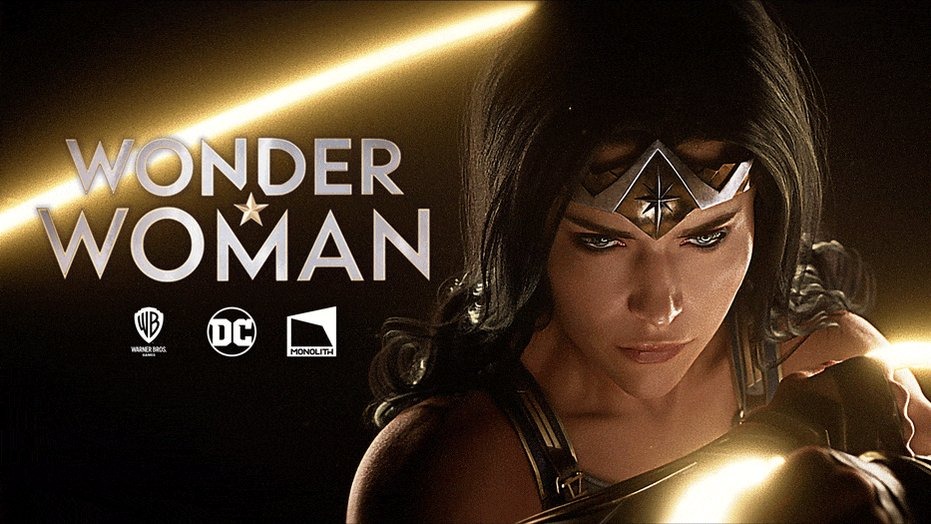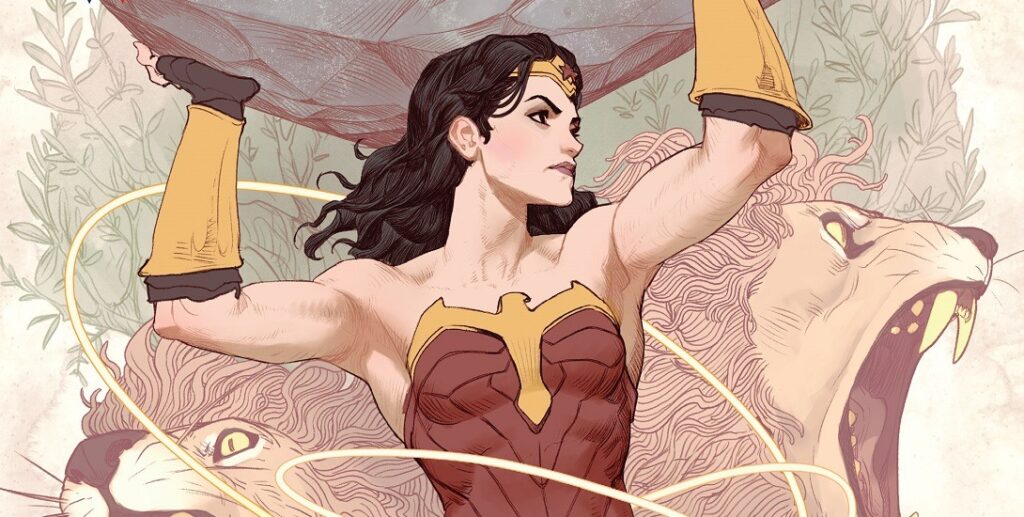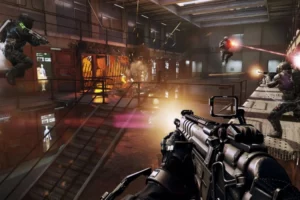The recent announcement of Wonder Woman: The Monolith set the gaming world abuzz. As a new single-player title focused on the infamous Suicide Squad, gamers are filled with both excitement and skepticism. Will keeping the game to a solo experience enhance immersion? Or will it limit the scope and replayability compared to a multiplayer title?
As debates wage on across Reddit threads and Discord servers, valid points exist on both sides. Ultimately, the decision rests in the hands of the developers at Rocksteady Studios. Let’s dive deeper into the complex dynamics at play.
The Storytelling Potential of Single-Player
At its core, the Suicide Squad revolves around a ragtag crew of complex antiheroes. While the group dynamic proves entertaining, some fans argue that a single-player lens offers richer characterization potential.
By focusing on select members, writers can better develop backstories and motivations. For example, a storyline tracing Harley Quinn’s twisted past with the Joker could connect on a deeper emotional level. Complex character studies simply demand more screen time than ensemble casts permit.
Beyond enhanced connections, a solo adventure also enables greater player agency through branching dialogue and missions. With multiplayer, certain narrative paths often get locked to keep gameplay balanced. Without those restrictions, developers can incorporate more impactful choices that fundamentally reshape your experience.
Freedom From Competitive Multiplayer Restraints
In contrast to story-rich titles, many multiplayer games prioritize mechanics that drive competition. For the Suicide Squad’s dark and gritty tone, these features could prove more frustrating than fun.
Take combat as an example. While popular games emphasize ranked ladders and esports appeal, that laser focus comes at the cost of immersion. Instead, a single-player design provides the flexibility to make encounters more cinematic and meaningfully challenging without worrying about balance.
The same holds true across everything from explorable environments to abilities/upgrades. Without multiplayer constraints, developers can craft creative content tailored specifically to solo sensibilities.
The Appeal of Shared Worlds and Cooperative Play
Of course, not everyone agrees that single-player experiences trump their multiplayer counterparts. Many gamers crave shared worlds filled with real human players.
For these fans, multiplayer adds an invaluable dimension of unpredictability and camaraderie. Random encounters with friends and foes alike help virtual environments feel more lifelike. Moreover, joining forces with real teammates also enhances replay value through emergent gameplay moments.
A multiplayer Suicide Squad could capture this social potential through drop-in/drop-out co-op. Rather than forcing competitive mechanics, these hybrid designs empower solo players to choose when they want to host friends. Temporary group activities like raids on Arkham Asylum would provide the best of both worlds.
The Challenges of Content Consumption and Community Building
Even ardent single-player supporters concede potential pitfalls around content longevity and community engagement. Given enough time, any solo experience risks exhausting its entertainment value.
Compare that to living multiplayer environments continually refreshed through updates and fan-generated content. For publishers eyeing recurring revenue streams, these evergreen titles clearly demonstrate more monetization upside.
Furthermore, vibrant multiplayer communities take on lives of their own. Through modding, fan fiction, and bonding over shared experiences, players form personal connections that persist for years. Without those social spaces, solo experiences often fade from memory faster.
Evaluating the Development Costs and Financial Returns
Lurking behind the gameplay debates rest the cold, hard numbers around development budgets and sales projections. While gamers argue artistic merit, publishers fixate on profits.
In that lens, single-player games leverage much lower upfront investments. Supporting multiplayer requires extensive networking infrastructure and ongoing server fees. These costs scale exponentially based on variables like player concurrencies and retention rates.
However, predicting long-term revenues proves equally challenging. While multiplayer monetization offers more potential upside, smash solo hit games like God of War demonstrate comparable earnings through sheer scale.
Additionally, the rising popularity of services like Xbox Game Pass shakes up traditional assumptions. Such subscription-based access could make single-player titles more financially viable by maximizing reach rather than optimizing purchases.
The Art of Crafting Holistic Gaming Experiences
Stepping back from specific mechanics, both single and multiplayer games ultimately strive to provide meaningful interactive escapism. At their best, the lines between solo and social experiences blur.
Great gameplay frequently incorporates Metroid’s isolationist adventuring with Destiny’s community spaces organically through intentional design rather than rigid definitions. Evaluating features in isolation often overlooks their combinatory potential.
For example, personal story moments traditionally reserved for single-player neatly complement multiplayer raids culminating in climactic boss fights. Blending approaches unlocks innovation opportunities.
Rather than viewing solo and multiplayer modes as mutually exclusive, savvy developers identify synergistic systems spanning playstyles. With creativity and effort, Wonder Woman: The Monolith could truly deliver the best of all worlds.
The Verdict: Cautious Optimism
Given the contours highlighted so far, a solo-focused Suicide Squad game clearly brings both unique advantages and limitations to ponder. Based on other beloved franchises treading similar single-player territory, the premise demonstrates tremendous promise.
However, realizing that potential depends wholly on execution. With experiential depth and replayability concerns lingering, the title’s reception remains murky. Still, Rocksteady Studios’ pedigree offers credibility around delivering a quality experience.
Gamers anxiously counting down to the planned 2023 launch can only speculate until that fateful release. In the meantime, no shortage of forum debates will wage on! But with patience and optimism, Wonder Woman: The Monolith may yet exceed expectations by balancing immersive storytelling and satisfying gameplay.

















Add Comment